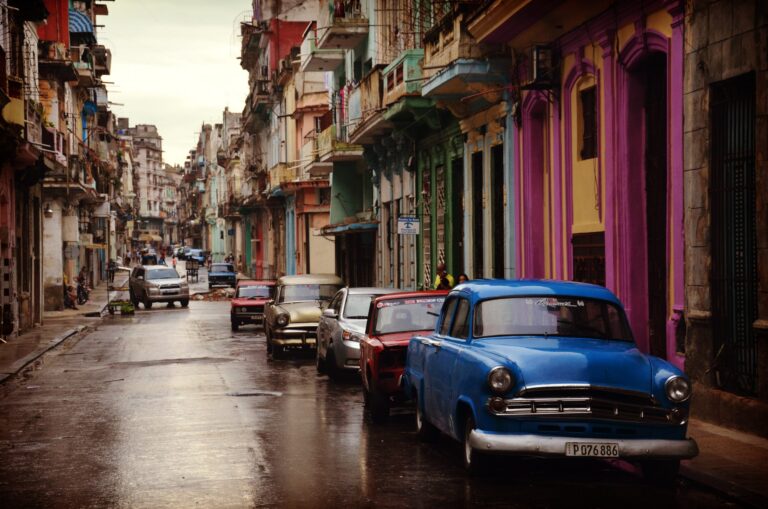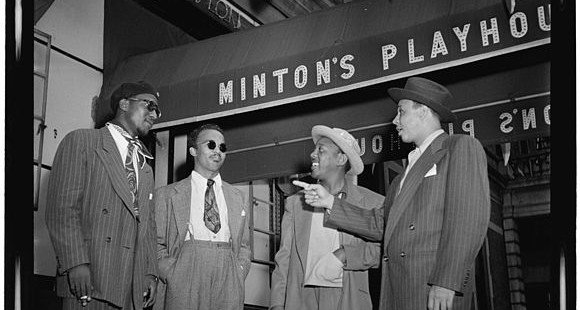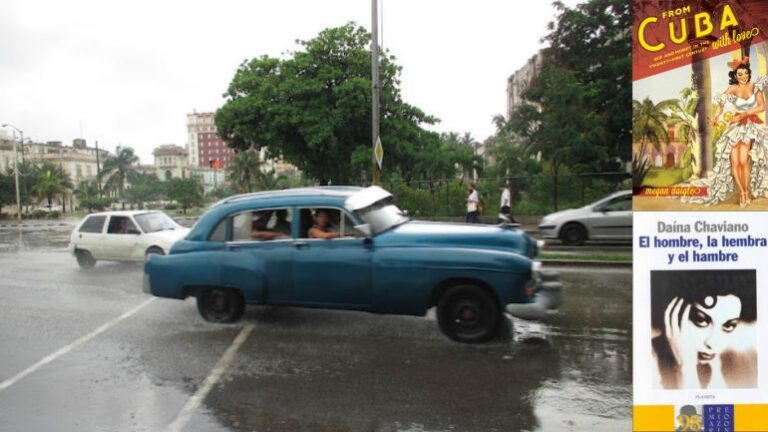Your Turn Now to Stand Where I Stand: Growing Up with Little Earthquakes
I may not have been the only teenaged boy in America in the 1990s to listen over and over to Tori Amos’ 1992 album LITTLE EARTHQUAKES, but it felt like I was.

I may not have been the only teenaged boy in America in the 1990s to listen over and over to Tori Amos’ 1992 album LITTLE EARTHQUAKES, but it felt like I was.

Apart from their cosmopolitanism, their interest in baroque aesthetics, and their mutual disdain, Carpentier and Sarduy shared a passion that shaped their writing and, through them, the course of Cuban letters: African American music.

In these moments, my wife is in the thrall of what 1843 and Economist writer Ryan Avent recently called flow, “the process of losing oneself in a puzzle with a solution on which other people depend.” The subject of Avent’s essay is the tendency of modern work to fill so much of our lives, to make “permanent use of valuable cognitive space,” to “choose odd hours to pace through our thoughts,” and to “colonize our personal relationships.”

Reading The Blue Devils of Nada, Albert Murray’s 1996 collection of essays on jazz, the blues, and American expression, I penciled four question marks next one line.

It’s interesting to think about whom cities choose (or not) to memorialize. Of course cities want to associate themselves with the celebrities who were born or lived within their limits. But statues are also places where, to borrow a phrase from Eula Biss, “a city’s imagination resides.”

A funny thing happened to me this summer: I got trapped in the Sexual Revolution.

Angshuman Das’s excellent series on food writing has made me think about the role cuisine plays in Cuban literature and about the meals I ate when I visited the island in 2012 to do research for my dissertation.

Early in the speech that Barack Obama gave last year to commemorate the fiftieth anniversary of “Bloody Sunday,” standing in front of the Edmund Pettus Bridge in Alabama, the president asked, “What can be more American than what happened in this place?” That line deserved more attention than it got. To recap what happened there:…

In Havana, the collective taxis near the capitol line up on the street that juts out from the Hotel Inglaterra, around the corner from its big patio café with its striped awning and wicker chairs, across from the Parque Central, down a small alley that leads off into the confusion of Centro Habana. There’s sometimes…
No products in the cart.